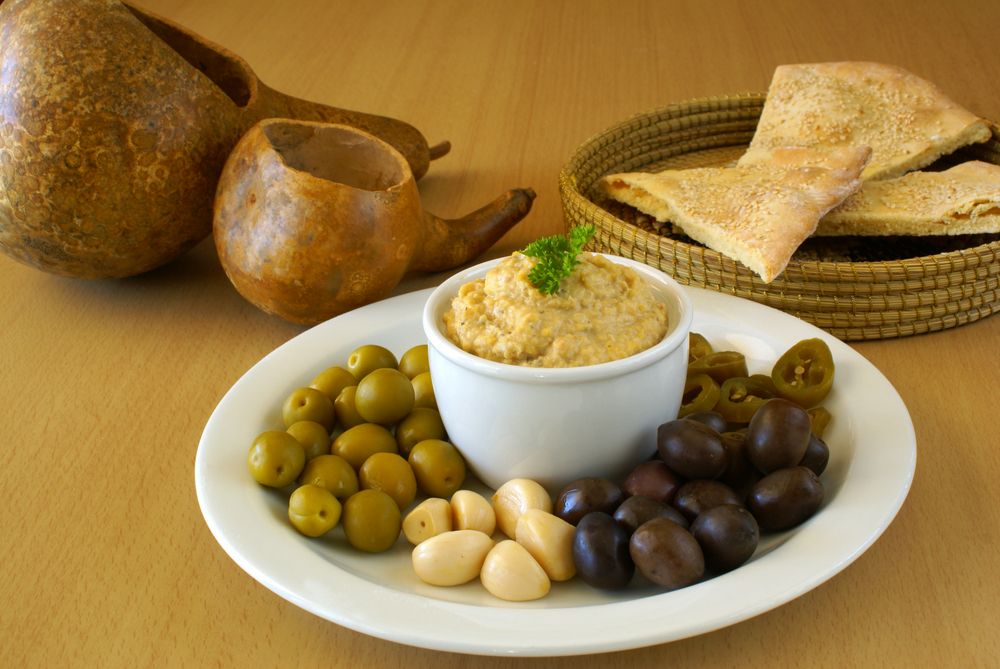Why You Shouldn't Forgo Fat


A few weeks back, I was talking with a friend who had put herself on a very restrictive diet to get ready for bathing suit season. She decided to eat mostly vegetables with some fruit, and not much else. She would carry around a bag of baby carrots as a snack, and she was trying to wean herself off salad dressing altogether. I certainly wouldn't recommend going to this extreme, but it was her choice.
She thought this diet of depravation must be healthy, because it was really bland and boring. That's what most people think of health food, right?
Well, according to a 2004 study in the American Journal of Clinical Nutrition, an almost fat-free (bland and boring) diet can interfere with the body's ability to absorb certain nutrients. Participants in the study ate salads daily for 12 weeks. The salads were made with spinach, romaine lettuce, carrots and cherry tomatoes, and topped with Italian dressing that was either fat-free, or contained up to 28 grams of fat.
Researchers found that those who ate salads with the fat-free dressing absorbed almost no beta carotene. On the other hand, those who ate salads with full-fat dressings absorbed much more lycopene, alpha- and beta-carotene, which the body turns into vitamin A.
In other words, if my friend Sarah would just dip her baby carrots in a little ranch dressing, her body would absorb more of their nutrients.
A more recent study took things a step further, and showed that it's not just the quantity of the fat that matters: The type of fat you consume also affects how carotenoids are absorbed. In this study, published this year in the journal Molecular Nutrition and Food Research, researchers tested how carotenoids are absorbed when eaten along with either monounsaturated fats, or polyunsaturated fats.
The results showed that your body needs just a small amount of monounsaturated fat to get the most out of that salad, but it needs much more polyunsaturated fat to absorb the same amount of beta-carotene.
Sign up for the Live Science daily newsletter now
Get the world’s most fascinating discoveries delivered straight to your inbox.
So, it turns out that choosing a fat-free dressing isn't really that great for your health after all. But choosing a polyunsaturated fat can deliver more fat to your body than you really need. So opt for a healthy, monounsaturated fat to go along with your veggies.
Here are some healthy sources of monounsaturated fats:
- Olive oil: Just a simple oil and vinegar dressing will work just fine. Try not to slather it on, though. You may need the fat, but you don't need to overdo it.
- Avocado: If you want to avoid oil, slice up an avocado and add it to your salad with a little vinegar. Looking for a crudité dip? Try guacamole.
- Olives: Grab a handful of your favorite kind of olive and add them to your salad. Personally, I'm a fan of kalamata olives.
- Hummus: While this won't really work as salad dressing, it's a great alternative to ranch dressing for dipping those baby carrots.
Healthy Bites appears on MyHealthNewsDaily on Wednesdays. Deborah Herlax Enos is a certified nutritionist and a health coach and weight loss expert in the Seattle area with more than 20 years of experience. Read more tips on her blog, Health in a Hurry!












